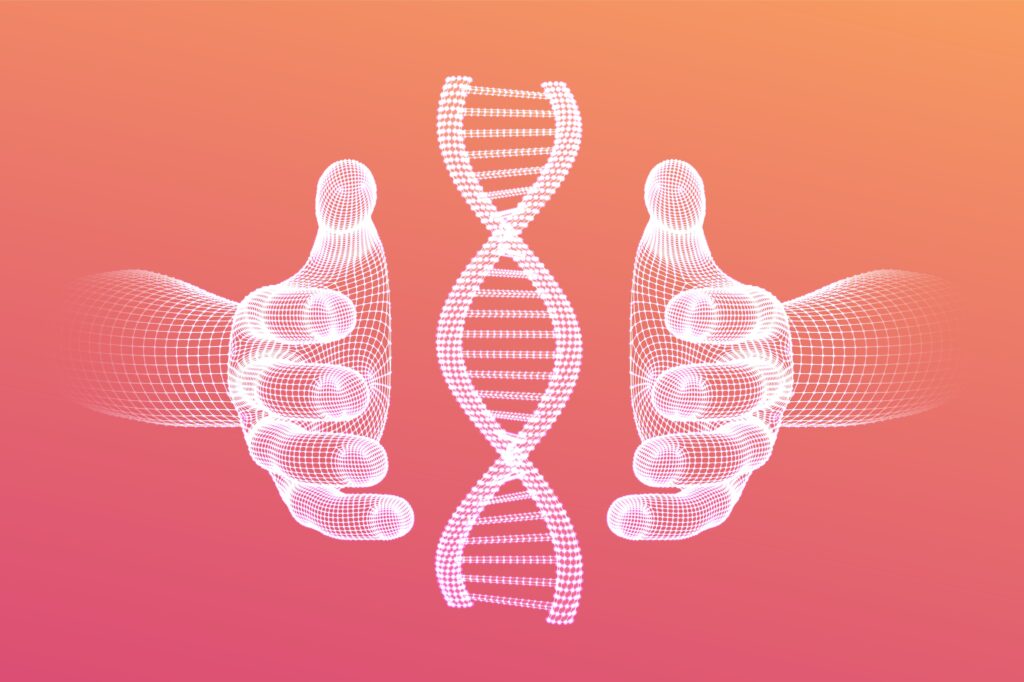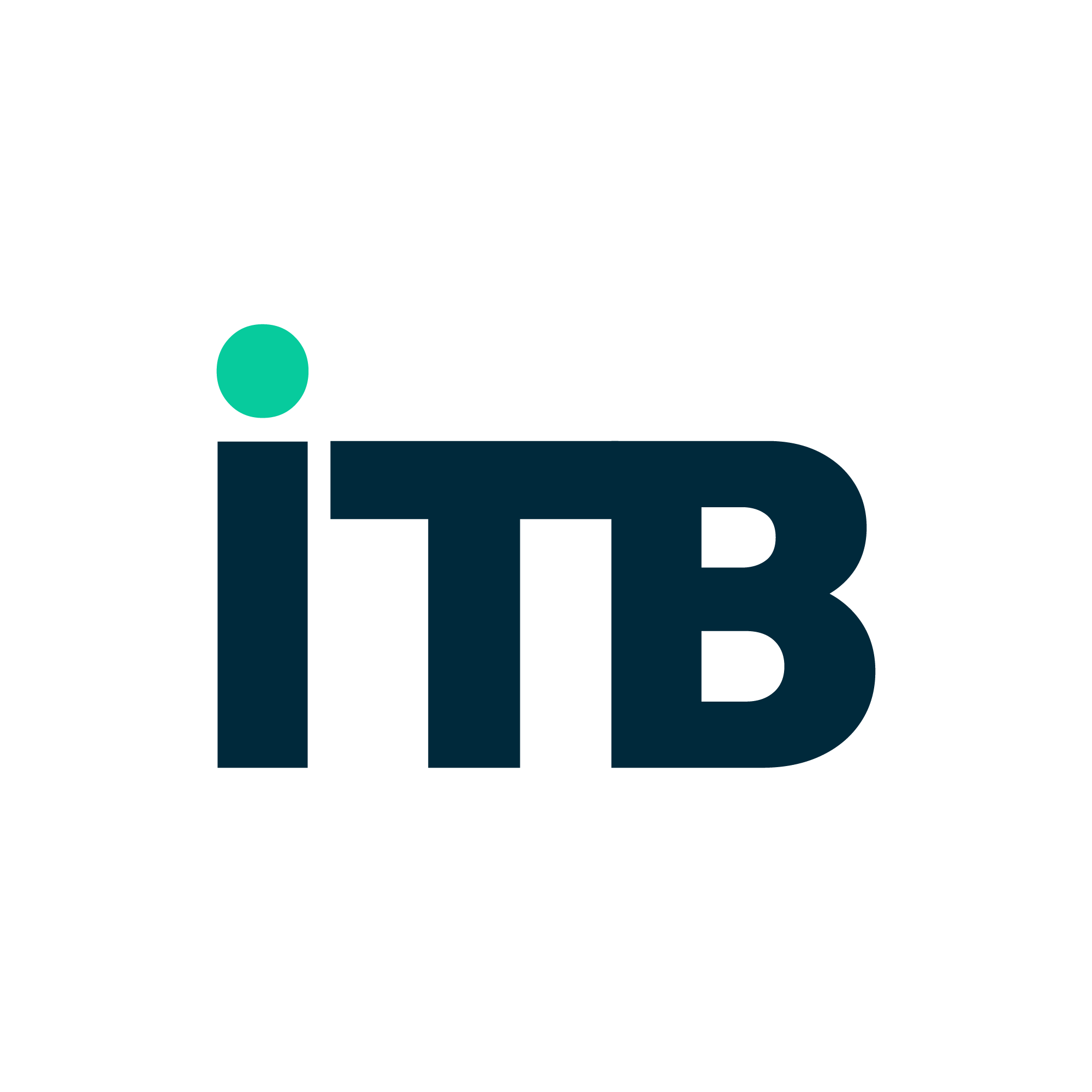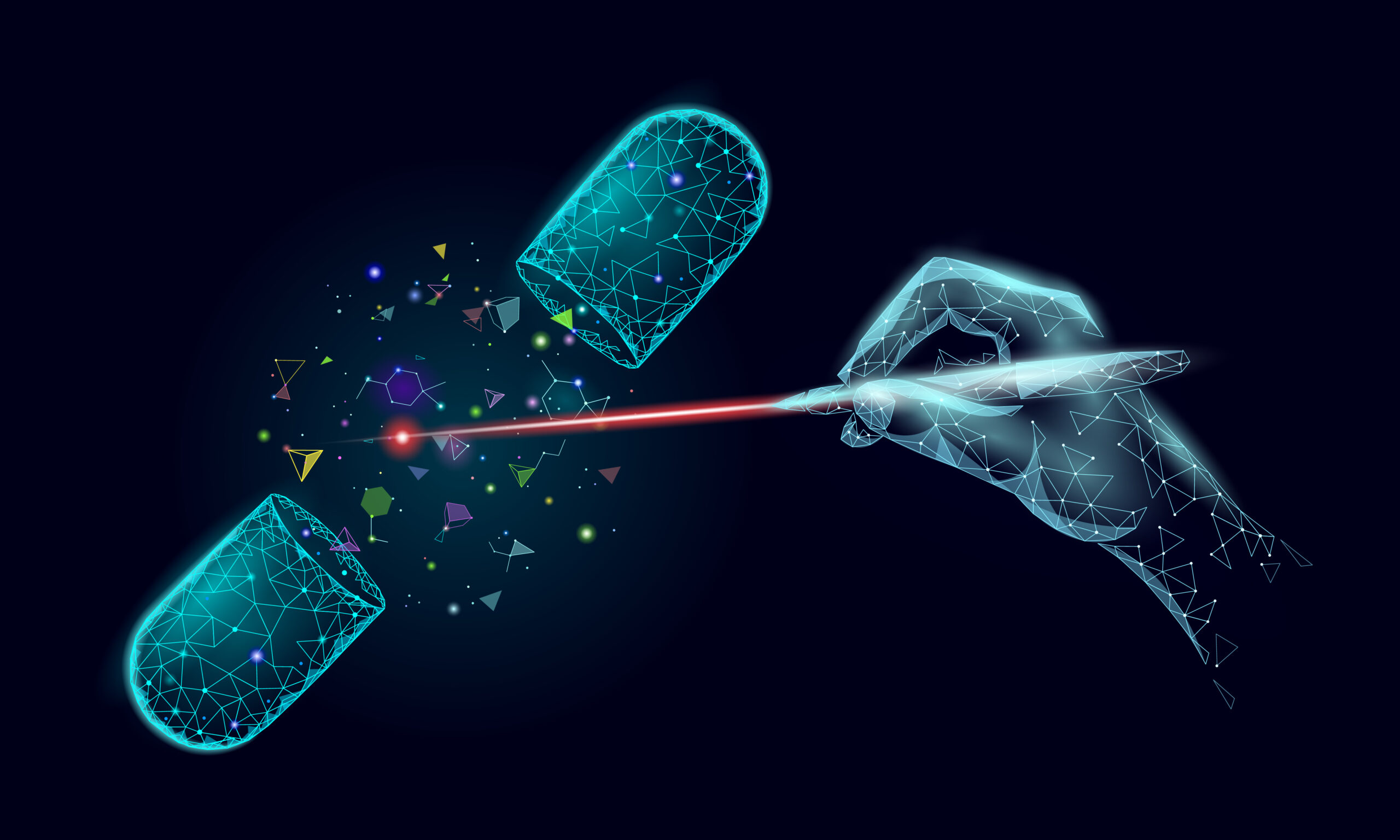The world of healthcare is no longer limited to stethoscopes, X-rays, and hospital beds. Today, Information Technology (IT) is playing a revolutionary role in transforming how medicine is practiced, delivered, and experienced.
From advanced diagnostics powered by Artificial Intelligence to smart hospital systems and personalized treatments driven by data analytics, IT is pushing healthcare into a bold, more efficient, patient-centric future. Let’s explore the key innovations driving this transformation — and what they mean for the future of medicine.

1. AI-Driven Diagnostics and Predictive Healthcare
One of the most impactful areas where IT is reshaping healthcare is through Artificial Intelligence (AI) and Machine Learning (ML).
Faster and More Accurate Diagnoses: AI algorithms can now detect diseases like cancer, heart conditions, and neurological disorders at earlier stages — often with higher accuracy than traditional methods.
Predictive Risk Analysis: ML models analyze patient data to predict future health risks, enabling preventive measures long before symptoms appear.
Clinical Decision Support: AI systems assist doctors in identifying the best treatment options, analyzing thousands of cases in seconds.
By turning massive amounts of data into actionable insights, AI is helping healthcare move from reactive to proactive care.
2. Telemedicine and Virtual Care: Healthcare Beyond Boundaries
The surge in telemedicine — accelerated by the pandemic — is one of the most visible signs of IT’s transformative power.
Remote Consultations: Patients can meet doctors from the comfort of their homes, eliminating geographical barriers.
Virtual Follow-ups and Therapy: Regular check-ins, mental health therapy, and chronic disease management are increasingly handled through secure video conferencing platforms.
Remote Monitoring: Wearable devices track patient vitals and share real-time data with healthcare providers, enabling ongoing care without hospital visits.
Telemedicine has made healthcare more accessible, efficient, and continuous, especially for rural and underserved communities.
3. Smart Hospitals: Automation and Connectivity at Work
Hospitals themselves are undergoing a digital makeover, becoming smart hospitals where everything from patient admissions to equipment management is powered by IT.
IoT-Enabled Devices: Smart beds, automated medication dispensers, and real-time patient tracking systems optimize both care delivery and operational efficiency.
Robotics: Surgical robots assist doctors with complex procedures, offering more precision and faster recovery times.
Automated Administration: AI systems handle routine tasks like billing, appointment scheduling, and patient record management.
These innovations create a more seamless, safer, and resource-efficient healthcare environment.
4. Electronic Health Records (EHRs) and Interoperability
Gone are the days of thick folders stuffed with paper records. Today, Electronic Health Records (EHRs) are central to modern healthcare systems.
Centralized Patient Information: All relevant health information is stored securely and is accessible by authorized providers.
Better Collaboration: Specialists, primary care physicians, and pharmacists can work together with shared data, improving patient outcomes.
Patient Empowerment: Many systems allow patients to view their own records, test results, and treatment plans through secure portals.
The future lies in interoperable EHR systems that can seamlessly share information across institutions while maintaining the highest standards of privacy and security.
5. Personalized Medicine and Genomics
Thanks to IT advancements in data analytics and genomics, healthcare is moving away from a one-size-fits-all approach toward personalized medicine.
Genomic Sequencing: AI analyzes genetic information to tailor treatments to individual patients, improving effectiveness and minimizing side effects.
Precision Oncology: In cancer care, personalized therapies based on genetic mutations are becoming more common, leading to better outcomes.
Lifestyle-Based Treatment Plans: Data from wearables and mobile apps are used to design health interventions suited to an individual’s habits and preferences.
Personalized medicine makes healthcare more targeted, effective, and patient-centric than ever before.
6. Blockchain for Security and Transparency
With the explosion of digital data, blockchain technology offers promising solutions for healthcare security and transparency.
Secure Health Records: Blockchain creates tamper-proof, decentralized patient records.
Supply Chain Management: It helps track the authenticity of pharmaceuticals, reducing the spread of counterfeit drugs.
Data Sharing with Consent: Patients can control who accesses their data, improving trust and regulatory compliance.
Blockchain strengthens the foundation of trust, security, and transparency in digital healthcare ecosystems.
Challenges Ahead
Despite the excitement, the road to a fully digitized healthcare system isn’t without obstacles:
Data Privacy Risks: Protecting patient data remains a top priority.
Integration Issues: Getting different systems and technologies to work together seamlessly is still a major challenge.
Training and Adoption: Healthcare workers must be trained to use new digital tools effectively and confidently.
Healthcare providers and technologists must work together to address these challenges thoughtfully.
The digital revolution in healthcare isn’t about replacing doctors with machines — it’s about augmenting human care with smart technology.
From AI-powered diagnostics and telehealth services to personalized treatments and blockchain-secured records, IT is reshaping patient care at every level. The future of medicine will be more predictive, more personalized, and more connected — creating a healthcare system that’s not only more efficient but also more humane.
Those who embrace these innovations today will be the leaders of a healthier, smarter world tomorrow.





Hi, this is a comment.
To get started with moderating, editing, and deleting comments, please visit the Comments screen in the dashboard.
Commenter avatars come from Gravatar.